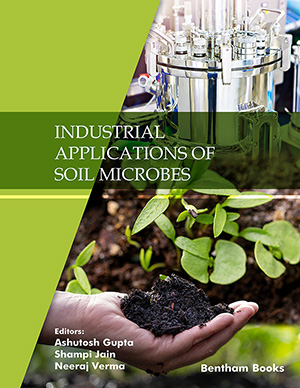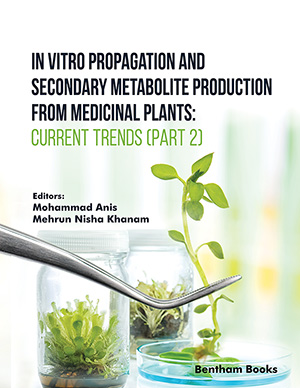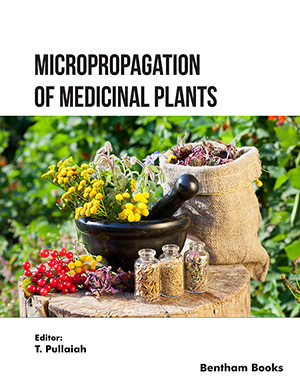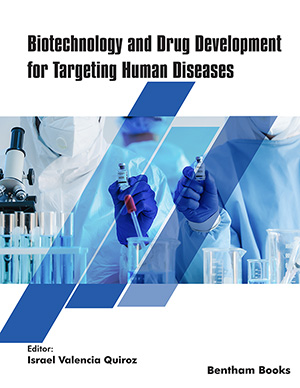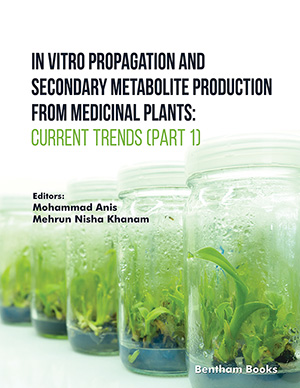Abstract
Background: Antibacterial resistance has been one of the most important causes of death in the last few decades, necessitating the need to discover new antibiotics. Antimicrobial peptides (AMPs) are among the best candidates due to their broad-spectrum and potent activity against bacteria and low probability of developing resistance against them.
Objective: In this study, we proposed a novel filtration method using knowledge-based approaches to discover encrypted AMPs within a protein sequence.
Methods: The encrypted AMPs were selected from a protein sequence, in this case, lactoferrin, based on hydrophobicity, cationicity, alpha-helix structure, helical wheel projection, and binding affinities to gram-negative and positive bacterial membranes.
Results: Six out of 20 potential encrypted AMPs were ultimately selected for further assays. Molecular docking of the selected AMPs with outer and inner membranes of gram-negative bacteria and also gram-positive bacterial membranes showed reasonable binding affinity ranging from ‘-6.7 to -7.5’ and ‘- 4.5 to -5.7’ and ‘-4.6 to -5.7’ kcal/mol, respectively. No toxicity was shown in the candidate AMPs.
Conclusion: According to in silico results, our method succeeded to discover six new encrypted AMPs from human lactoferrin, designated as lactoferrin-derived peptides (LDPs). Further in silico and experimental assays should also be performed to prove the efficiency of our knowledge-based filtration method.
Keywords: In silico, filtration method, discovery, encrypted antimicrobial peptides, molecular docking, lactoferrin.


















